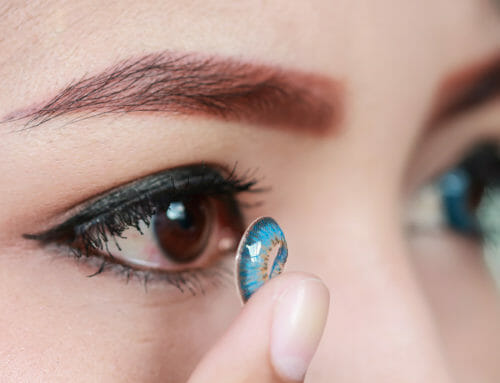
Secondary Glaucoma: Conditions That Put You At Risk
The Royal National Institute of Blind People defines secondary glaucoma as a type of glaucoma that occurs as a result of another eye condition, operation, injury or medication. As with primary glaucoma, secondary glaucoma can be open-angle or angle-closure in nature, and it can affect one or both eyes. Since it directly results from an existing condition, however, the causes of secondary glaucoma are easily identifiable and better avoided to some extent. It is therefore vital to be aware of the relationship between glaucoma and the likely conditions that can lead to it with the help of an eye clinic in Harley Street or elsewhere.
Trauma
Trauma can either be classified as blunt or penetrating, but both types are known to cause secondary glaucoma or more specifically known as traumatic glaucoma. It may not be apparent at the time of injury and may develop over a period of time after the injury. What makes it even harder to detect is that most chronic presentations are painless and slow in onset. This is why patients who suffered blunt or penetrating trauma to the eye are advised to keep their intraocular pressure (IOP) monitored closely. Doctors can help prevent pressure from reaching the point that could severely damage the optic nerve.
Ocular Herpes Simplex
Ocular herpes simplex infections like keratitis (inflammation of the cornea) and uveitis (inflammation of the uvea) are often accompanied by a particularly high IOP or an elevation in IOP that appears to be disproportionate to the degree of ocular inflammation. This often causes secondary open-angle glaucoma, and with repeated episodes of inflammation, peripheral anterior synechiae (PAS) can develop, narrowing and closing the angle. In most cases, eye doctors prescribe topical glaucoma medications as a first-line treatment to reduce IOP, but glaucoma surgery may be recommended for long term relief especially after recurrent attacks.
Diabetes
Diabetic patients are prone to developing certain eye conditions depending on duration of diabetes and glycemic control. For instance, they are more susceptible to retinopathy or damage to the retina that may lead to vision impairment. Glaucoma secondary to diabetes, however, is typically due to proliferative disease with angle neovascularisation. Neovascular glaucoma is known to be quite difficult to manage and life-long in young diabetic patients. Fortunately, careful ophthalmic monitoring of people with diabetes can aid in preventing such consequences.
The best treatment for secondary glaucoma will largely depend on the underlying cause, but find comfort in the fact that it is effective and most people retain useful sight afterwards. Talk to doctors at reputable institutions like Eye Clinic London for your options.
Sources:

About the expert
Mr Hamada | Consultant Ophthalmologist and Corneal Surgeon
MD, MSc, DO (hons), FRCSEd, FRCOphth I am Samer, founder and consultant ophthalmic surgeon with over 20 years’ experience in ophthalmology. I am a world-renowned specialist in cornea, cataract and refractive surgery. I’m not only a leading surgeon but also the only dual fellowship trained in corneal diseases in children from reputable institutions in the UK. At Eye Clinic London I work closely with other consultant ophthalmologists, optometrists and orthoptists to achieve the best outcomes for our patients. Our main aim is to make sure our patients get the safest and best treatments available to them. We put your safety before anything else so you can rest assured that if you choose us you will be in the best and safest hands.



